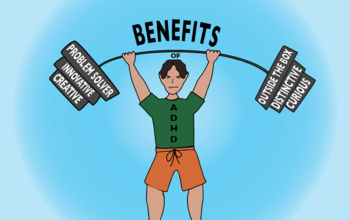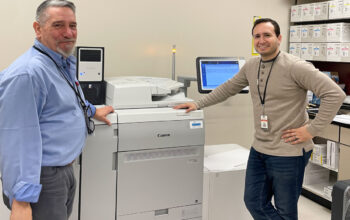Joelle Anselmo, Story Editor
As he stepped onto the grounds of the Plaza de España in Seville, Spain, or dipped into the glistening, blue waters of the Sea of Cortez in Mexico, David Wilson, former NCHS and gap year student, knew he had made the right choice. And as Quinn’s, former NCHS graduate and current gap year student, fingers grazed the bones of extinct dinosaurs at the National Dinosaur Park in Utah, he realized taking a year to travel and work outdoors was a choice he’d remember and value forever.

The term “gap year” has taken on different meanings over the years. After high school, some students decide to take a year off before entering college. Instead of following the structured high school to college process, these students have other interests, such as traveling or volunteering with a program.
The decision to take a gap year can be a daunting one, so school counselors and family members are normally involved in the process. David found inspiration to do a gap year from his brother, who had previously taken the same program, as well as his parents.
While some students take a gap year because their high school experience wasn’t as informative or rewarding as they expected, David based his decision differently. “At first, I didn’t seriously consider it because I felt prepared to go to college, but then I realized that the gap year experience is a once in a lifetime opportunity,” he said.
A student’s selection can also be determined by their overall high school experience. NCHS school counselor Linda McGann has seen her students debate whether to enter straight into college or take time off post graduation. “High school was so scheduled, they feel like they want to get out of that mold and see the world or volunteer before they have to go back to an academic schedule,” she said.
Taking a gap year is commonly accompanied by the college admissions process. Students are encouraged to apply, get accepted, and then defer their application to a specific college to do a gap year. “That way, you’re confident you have someplace to go after the gap year is up,” Ms. McGann said.

Quinn chose to travel to Utah and Spain to volunteer outdoors and learn Spanish. Since his work in Utah isn’t school-based, he has had time to pursue other social and personal life experiences. “I’ve learned that if I see the big picture and know what it’s benefitting, it will encourage me to work harder,” he said.
A gap year can make the transition into college easier than the regular high school to college shift. Since gap year students often have free time, they aren’t confined to a fixed schedule and are more accustomed to academic freedom. “It really prepares you for the shift from the highly structured high school life to the college life where you define your classes, free time, and what you do with it,” David said.

Ms. McGann has helped several students make their decision by informing them and their parents about different programs they can join. “I think the role of the school counselor is to make sure students explore all their options,” she said.
A day in the life of a gap year student varies based on where you are and what you choose to do with your time. David spent his time in Spain and explored the rest of Europe. “Some days I was waking up at 6 AM to go to work, sea kayaking along the coast of the Sea of Cortez, walking the streets of London at night, getting horribly lost in Brussels with friends, or diving for pearls in coral reefs,” he said.
Overall, students who have experienced a year off before college have had smooth transitions and memorable experiences. “A gap year can broaden your horizons, allow you to meet new people and learn all sorts of things that I, being someone who felt ready for college, take as invaluable skills in my everyday life,” David said.
Check out my Adobe Spark!




